Back
Inactive
AprameyaAI • 1y
How to Make People Want Your Product by Refusing to Sell It ? In 2007 (My Birth Year), a new luxury brand took a bold approach that seemed counterintuitive—they refused to sell their product to just anyone. Enter Supreme, the streetwear brand that built its empire by limiting supply and making their clothes hard to get. Instead of flooding the market, Supreme released limited quantities of their products, causing huge lines outside their stores and frenzied online sell-outs within minutes. They didn’t just sell clothes; they sold exclusivity. And people ate it up. By refusing to sell to everyone, they made their brand a status symbol, something people would line up for, camp out for, and pay ridiculous resale prices for. It’s classic supply and demand psychology: the harder something is to get, the more people want it. So, how do you create that kind of demand for your product? 1. Limit supply – Restricting how much you sell makes your product feel rare and exclusive. People naturally want what they can’t have. (CRED) 2. Build hype – Tease your product, but don’t make it easily available right away. Create a sense of anticipation with countdowns, sneak peeks, or limited drops. 3. Focus on quality, not quantity – When you limit sales, your product has to feel premium. People need to believe they’re getting something special. 4. Make people earn it – Whether it’s through waitlists, pre-orders, or exclusive memberships, make buying your product feel like a privilege. 5. Stay true to the brand – Supreme didn’t just sell clothes; they sold a lifestyle. Make sure the exclusivity matches your brand’s image and values. Refusing to sell your product might seem like the opposite of good business sense, but if you do it right, you’re not just selling a product—you’re selling the thrill of the chase. HAPPY MEDIALING
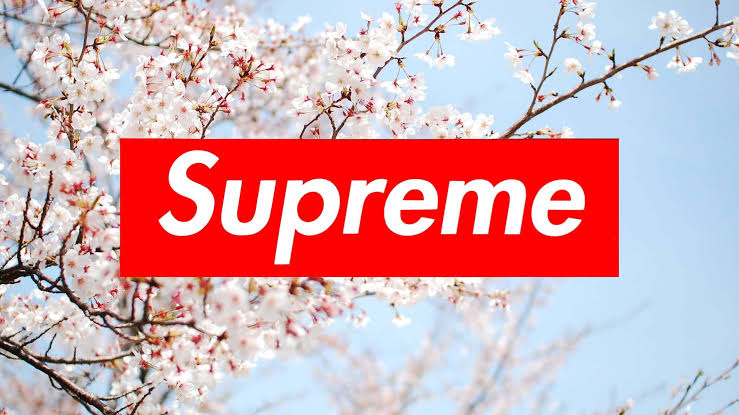
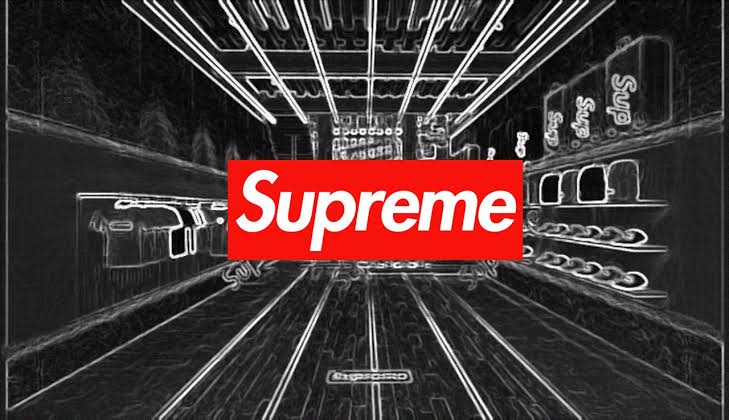
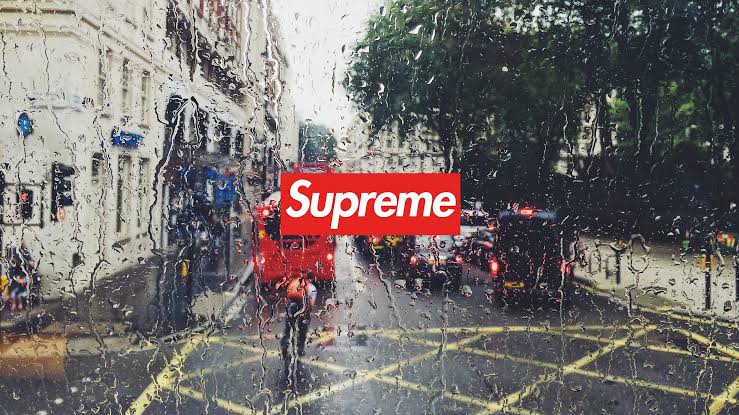
Replies (8)
More like this
Recommendations from Medial
Mukund Sharma
Hey I am on Medial • 1y
Hey I have an idea for long uses of clothes. We all buy clothes for occasions and parties but after some time they are no longer use so I thought to rent or sell these clothes to those who needed clothes for some time on their occasion or parties. So
See MoreVikas Acharya
Building Reviv | Ent... • 1y
Smart brands know a secret: People don't buy on price, they buy on perceived value. Here's the winning formula: 1. Tap Into Dreams: Understand your audience's aspirational self. What do they want to look like, feel like, be like? Align every product
See MoreMohammad Asaad Sayed
My mind to me a king... • 1y
10 Indian Brands That Crush Advertising—Steal Their Playbook India’s marketing scene is brutal—but these brands get it. They don’t just sell products, they sell ideas, emotions, and status. If you’re serious about marketing, study these names obsess
See MoreDownload the medial app to read full posts, comements and news.








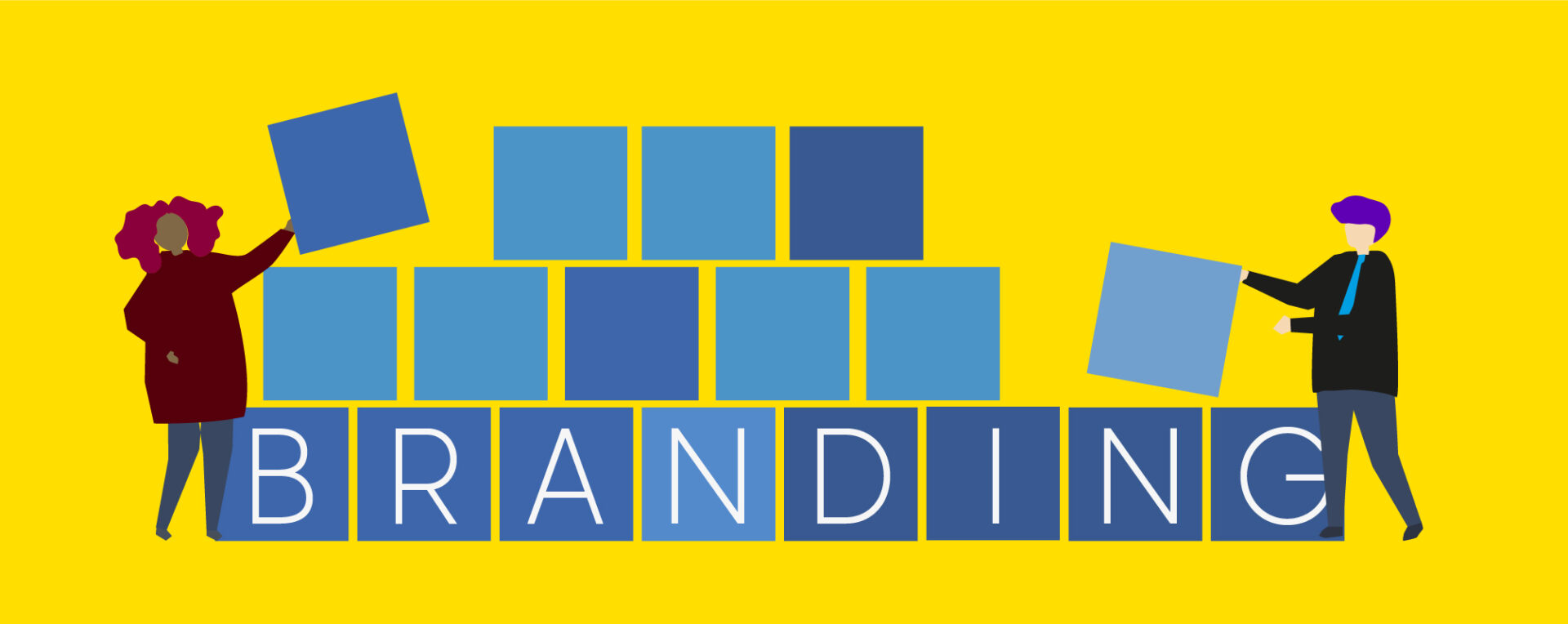











/entrackr/media/post_attachments/wp-content/uploads/2021/08/Accel-1.jpg)

















